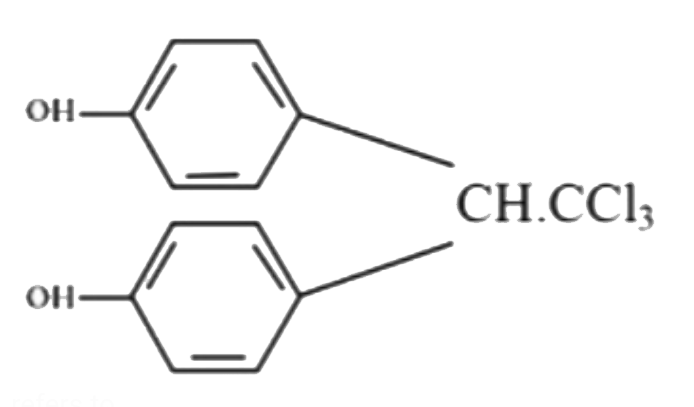Template refers to
The physical basis of heredity
unit of DNA having coded information and act as a model from which information is collected by mRNA
a genetic element which may or may not be present in a cell associated with the chromosomes
a complete set of chromosomes which is transferred to the gametes
The correct Answer is:B
Step-by-Step Solution:
1. Understanding the Concept of Template:
- The term "template" in the context of molecular biology refers to a strand of DNA that serves as a guide for the synthesis of RNA during the process of transcription.
2. DNA Structure:
- DNA is a double-stranded molecule composed of two complementary strands. Each strand has a specific directionality, labeled as 5' (five prime) and 3' (three prime).
3. Transcription Process:
- During transcription, RNA is synthesized from a DNA template. The RNA polymerase enzyme binds to the DNA and uses one of the DNA strands as a template to create a complementary RNA strand.
4. Identifying the Template Strand:
- The template strand is the specific strand of DNA that RNA polymerase uses to synthesize RNA. It runs in the 3' to 5' direction, allowing RNA to be synthesized in the 5' to 3' direction.
5. Coding Strand vs. Template Strand:
- The other strand of DNA, known as the coding strand, has the same sequence as the newly formed mRNA (except for the substitution of uracil for thymine). The coding strand runs in the opposite direction (5' to 3') compared to the template strand.
6. Promoter and Terminator Regions:
- The promoter region is located at the 3' end of the template strand and is where RNA polymerase binds to initiate transcription. The terminator region signals the end of transcription and is located at the 5' end of the coding strand.
7. Conclusion:
- The template refers specifically to the strand of DNA that provides the necessary information for RNA synthesis during transcription. Thus, the correct answer to the question is that the template is a unit of DNA that acts as a model from which mRNA is synthesized.
Final Answer:
The template refers to a strand of DNA that serves as a model for the synthesis of RNA during transcription.
---
- The term "template" in the context of molecular biology refers to a strand of DNA that serves as a guide for the synthesis of RNA during the process of transcription.
- DNA is a double-stranded molecule composed of two complementary strands. Each strand has a specific directionality, labeled as 5' (five prime) and 3' (three prime).
- During transcription, RNA is synthesized from a DNA template. The RNA polymerase enzyme binds to the DNA and uses one of the DNA strands as a template to create a complementary RNA strand.
- The template strand is the specific strand of DNA that RNA polymerase uses to synthesize RNA. It runs in the 3' to 5' direction, allowing RNA to be synthesized in the 5' to 3' direction.
- The other strand of DNA, known as the coding strand, has the same sequence as the newly formed mRNA (except for the substitution of uracil for thymine). The coding strand runs in the opposite direction (5' to 3') compared to the template strand.
- The promoter region is located at the 3' end of the template strand and is where RNA polymerase binds to initiate transcription. The terminator region signals the end of transcription and is located at the 5' end of the coding strand.
- The template refers specifically to the strand of DNA that provides the necessary information for RNA synthesis during transcription. Thus, the correct answer to the question is that the template is a unit of DNA that acts as a model from which mRNA is synthesized.
The template refers to a strand of DNA that serves as a model for the synthesis of RNA during transcription.
Topper's Solved these Questions
Similar Questions
Knowledge Check
Viviparity refers to
AparthenocarpyBseed germinationCformation of seedlingDseed germination while still attached to parentTotipotency refers to
Acapacity to generate genetically identical plantsBcapacity to generate a whole plant from any plant cell/explantCcapacity to generate hybrid protoplastsDrecovery of healthy plants from diseased plants.

